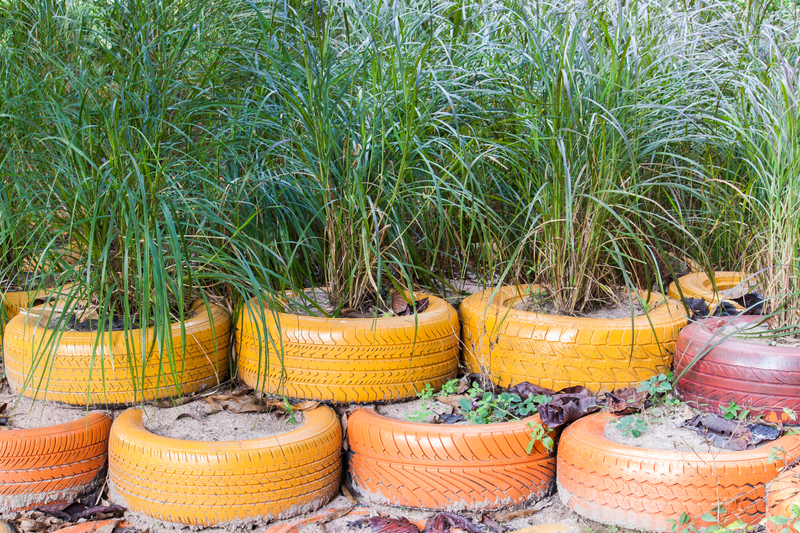Illegal Waste Impact on UK Environment
Posted on 05/01/2025
Illegal waste disposal is a growing concern in the UK, causing significant harm to both the environment and public health. This practice undermines legitimate waste management businesses and jeopardizes government efforts to ensure sustainable usage of resources. This article explores the harmful effects of illegal waste on the UK environment, offering insights into the pros, cons, and tips for addressing this pressing issue.
The Scope of Illegal Waste in the UK
To understand the impact, it is crucial to acknowledge the scale of illegal waste operations. According to the Environment Agency, illegal waste disposal has increased significantly over recent years, costing the UK economy millions of pounds. This illicit activity includes fly-tipping, unauthorized waste sites, and illegal exportation of waste.

Environmental Impact
The UK's ecosystems are particularly vulnerable to the effects of illegal waste. Contaminants from dumped waste can seep into the soil and water bodies, causing lasting damage to flora and fauna. Toxic substances, such as heavy metals and chemicals, can enter watercourses, affecting aquatic life and potentially reaching human water supplies. The presence of non-biodegradable materials like plastics further exacerbates pollution, disrupting natural habitats.
Human Health Complications
Illegal waste sites often serve as breeding grounds for pests such as rodents and insects, which can carry diseases. The illegal burning of waste can release harmful pollutants into the air, increasing the risk of respiratory problems among local populations. Moreover, communities living near illegal waste sites suffer from reduced quality of life due to foul odors and unsightly landscapes.
Economic Costs
Illegal waste disposal is not just an environmental issue; it also has significant economic repercussions. Cleaning up illegal waste costs local authorities and taxpayers millions annually. Additionally, it poses a competitive disadvantage for law-abiding waste management businesses that have to bear the costs of regulatory compliance.
Measures to Combat Illegal Waste
Fighting illegal waste requires a multifaceted approach involving legislation, enforcement, and community engagement. The UK government has introduced various measures, such as increasing fines for illegal disposal and enhancing surveillance of waste activities. Public awareness campaigns are also crucial in educating citizens on the legal methods of waste disposal and the consequences of illegal activities.
Pros and Cons
Pros
- Economic Savings: Proper waste management can lead to reduced costs in the long run, as less money is needed for cleanup operations.
- Environmental Protection: Strict regulations can help protect natural ecosystems and prevent the contamination of soil and water.
- Public Health: Effective waste management safeguards public health by reducing exposure to harmful substances.
Cons
- High Costs: Implementing and maintaining strict waste management regulations can be costly.
- Compliance Challenges: Ensuring that all individuals and businesses comply with waste disposal laws can be complex and resource-intensive.
- Illegal Operations: Despite stringent measures, some entities may continue to engage in illegal waste activities clandestinely.
Tips for Individuals and Communities
- Report Illegal Activities: If you come across illegal waste disposal, report it to local authorities.
- Proper Disposal: Always ensure you use licensed waste disposal services.
- Community Clean-ups: Participate in or organize community clean-up events to reduce local illegal waste.

Key Takeaways
- Illegal waste poses significant threats to the environment, public health, and the economy.
- Effective waste management requires a combined effort from legislation, enforcement, and community awareness.
- Public cooperation and vigilance are crucial to curtail illegal waste activities.
Conclusion
Illegal waste disposal is a serious issue that demands immediate action. It undermines environmental conservation efforts, poses severe health risks, and imposes substantial economic costs. By understanding the impacts and actively participating in legal waste management practices, individuals can contribute to a cleaner, safer, and more sustainable environment in the UK.

 020 3744 5866
020 3744 5866












